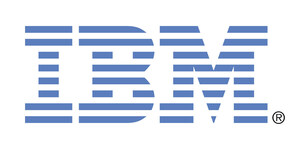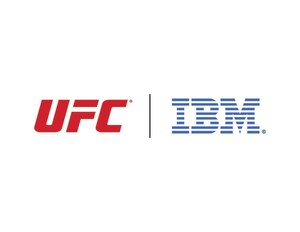DELFT, Netherlands, Oct. 4 /PRNewswire/ -- Together with IBM (NYSE: IBM), Delft University of Technology (TU Delft) is researching how technology and analytics can be applied to complex water systems to minimise the risk of flooding. The results stand to impact both the Dutch water system as well as other regions with similar complex water systems such as the Sacramento River Delta in the United States and the South-North Water Transfer Project in China, as well as for reservoir management in the Alps.
(Logo: http://photos.prnewswire.com/prnh/20090416/IBMLOGO )
(Logo: http://www.newscom.com/cgi-bin/prnh/20090416/IBMLOGO )
The Dutch water system is an extensive network of rivers, canals, pumps, pumping stations, locks, dams and reservoirs. The total length of the Dutch waterways is about 2200 kilometers, transporting roughly 120 trillion litres of river and rain water each year. By applying analytics to the vast amounts of data gathered from across this system, researchers expect to identify patterns and trends that will enable improvements in overall water management with benefits including reduced flooding and improved water quality.
By linking together and analyzing disparate information flows, water managers will be able to gain real-time insight into the water system. For example, information from sensors in rivers and dikes can be linked to meteorological information. Advanced algorithms and analysis software will then calculate the impact of events such as extreme rainfall. This information will enable water boards, municipalities and the Directorate-General for Public Works and Water Management in the Netherlands to model the results of different interventions into the system, thereby aiding the decision-making process.
"We expect that the results of this research will make an important contribution to the implementation of the recommendations made by the Delta Commission," said Djeevan Schiferli of IBM's Centre of Excellence for Water Management in the Netherlands. The Commission's report examines different problems independently of one another, such as fresh water from the IJsselmeer lake, nature conservation/restoration in the south-western Delta area and high water in rivers.
IBM's collaboration with TU Delft builds on its expanding portfolio of advanced water management solutions. In February 2008, IBM set up its Global Centre of Excellence for Water Management in the Netherlands and has since expanded to Ireland, France and Israel. IBM's advanced water management clients include the San Francisco Public Utilities Commission, the District of Columbia Water and Sewer Authority, the Sacramento Regional County Sanitation District, the Lower Colorado River Authority and many more. IBM also works closely with the Beacon Institute on its River and Estuary Observation Network, providing the technology infrastructure for a sophisticated water monitoring system along the Hudson River, and with the King Abdulaziz City for Science and Technology in Saudi Arabia on advanced membrane technology for water filtration and desalination. In the Netherlands, IBM is collaborating in the "Flood Control 2015" program with public and private partners to develop the next generation operational flood management technologies to enable real-time monitoring, improved forecasting and decision support systems.
For more information on IBM and Smarter Water, please visit ibm.com/smarterplanet/water
Further information
TU Delft: Professor Nick van de Giesen, [email protected], +31 (0)15 2787180
IBM: Jelmer Letterie, +31-6 204 339 83, [email protected]
SOURCE IBM
WANT YOUR COMPANY'S NEWS FEATURED ON PRNEWSWIRE.COM?
Newsrooms &
Influencers
Digital Media
Outlets
Journalists
Opted In






Share this article